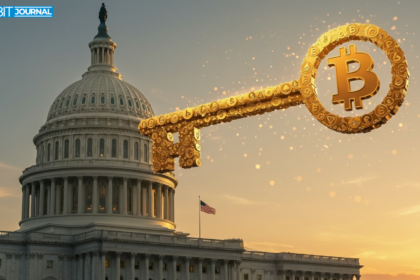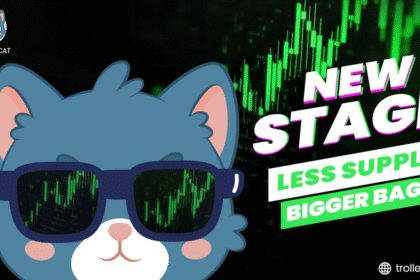Denmark recently found itself at the centre of speculation regarding the regulation of Bitcoin wallets. Social media reports suggested that Denmark was poised to ban self-custodial cryptocurrency wallets, sending ripples of concern through the crypto community. However, the Danish Financial Supervisory Authority (DFSA) swiftly moved to dispel these rumors, asserting that there were no plans to ban such wallets.
Clarifying Misunderstandings Around Denmark’s Stance Self-Custodial Cryptocurrency Wallets
The misinformation surrounding Denmark’s stance on Bitcoin wallets stemmed from misunderstandings about the Markets in Crypto-Assets (MiCA) Regulation, which became effective on June 30. This regulation, aimed at harmonizing crypto regulations across the European Union, notably exempts services that operate fully decentralised from its scope. Self-custodial wallets fall squarely within this exemption, where users retain control of their private keys without intermediary involvement.
Tobias Thygesen, Director for Fintech, Payments Services, and Governance at DFSA, directly addressed the rumours, stating definitively, “This is incorrect. The DFSA has not proposed any such ban.” He emphasized that the DFSA’s focus remains on providing regulatory clarity while fostering an environment conducive to innovation in financial technology.
Mikko Ohtamaa, co-founder of Trading Strategy, incorrectly interpreted the assessment in a June 26 X post, believing the DFSA wanted to stop offering self-custodial wallets in Denmark, which was not the case.

Understanding Self-Custodial Cryptocurrency Wallets
Self-custodial wallets, or non-custodial wallets, empower users by allowing them to control their cryptocurrency holdings directly. Unlike custodial wallets offered by centralized exchanges, where the exchange holds the private keys on behalf of users, self-custodial wallets ensure that users are their own custodians of their digital assets. This autonomy is a core tenet of the decentralized ethos that underpins cryptocurrencies like Bitcoin.
These wallets come in various forms, including hardware wallets such as Ledger or Trezor, which store private keys offline, thereby minimizing the risk of hacking or unauthorized access. Software-based wallets like MetaMask also give users similar control over their keys, enabling seamless interaction with decentralized applications (dApps) on blockchain networks.
Regulatory Framework and Exemptions
The MiCA Regulation’s exemption of fully decentralized services reflects an understanding of the unique nature of self-custodial wallets. Thygesen clarified, “Hardware wallets do not give custody of private keys to the wallet provider and thus are not regulated by MiCA. Non-custodial wallets, by their nature, are not subject to MiCA.”
While MiCA focuses primarily on activities involving custody, trading, and other services provided by intermediaries, it does not extend its regulatory reach to activities conducted through fully decentralized means. This distinction is crucial in delineating regulatory responsibilities and ensuring that unnecessary regulatory burdens do not stifle innovation in the crypto space.
“These cases are often very complex and would entail a case-by-case assessment. The intention […] is to ensure awareness of potential regulatory requirements, and underline that the DFSA is open for dialogue for understanding whether specific offers in Denmark are in scope of MiCA or not,” Thygesen added.
Implications and Future Outlook on Self-Custodial Cryptocurrency Wallets
Denmark’s proactive clarification on the regulatory status of Bitcoin wallets underscores its commitment to maintaining a balanced approach to cryptocurrency regulation. The DFSA aims to foster innovation while safeguarding consumer interests and financial stability by providing clear guidelines and exemptions for self-custodial wallets.
Looking ahead, the DFSA’s stance sets a precedent for other jurisdictions grappling with how to regulate cryptocurrencies and blockchain technologies. As digital assets continue gaining traction globally, regulatory clarity will be essential in building trust among investors, businesses, and consumers.
Conclusion
Denmark’s regulatory approach to Bitcoin wallets reflects a nuanced understanding of decentralized technologies and their implications. The DFSA dispels misinformation and reaffirms its commitment to fostering a supportive environment for financial innovation by affirming the legality and exemption of self-custodial wallets from MiCA regulation.
As the crypto landscape evolves, ongoing dialogue between regulators, industry stakeholders, and the public will be crucial in shaping policies that promote innovation while ensuring compliance with regulatory standards. Denmark’s proactive stance is a beacon of clarity in an often complex and rapidly changing regulatory environment.





























